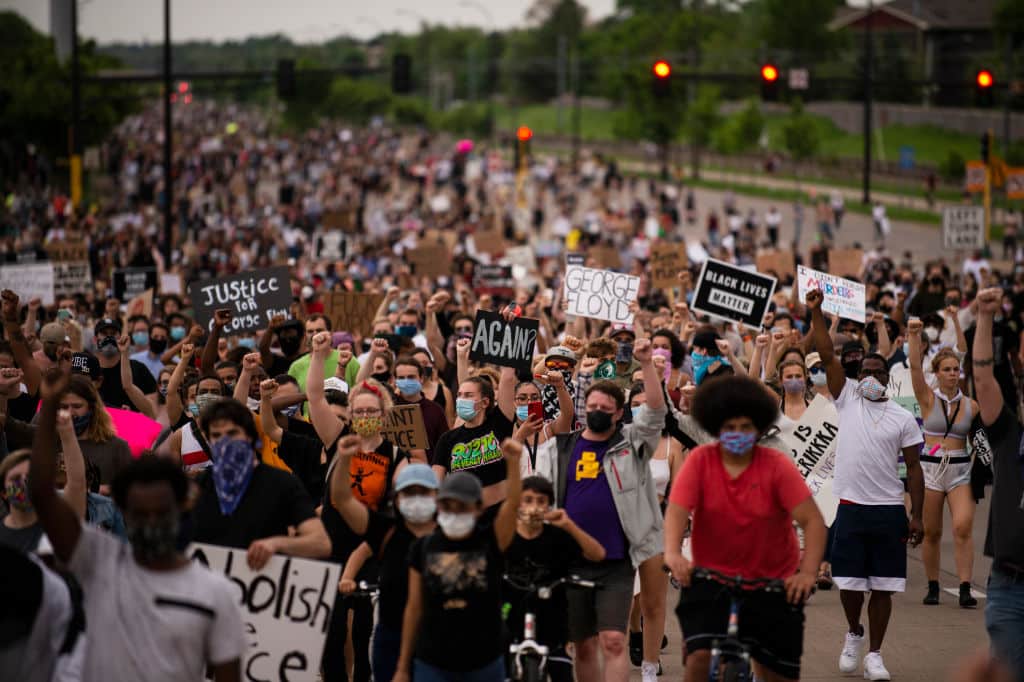
In April, we celebrated Passover during a modern-day plague. Over the past two months, the world has seen the horrors of that plague unfold. While the incredible suffering caused by the coronavirus has been heartbreaking, this pandemic has highlighted and exacerbated the many underlying inequalities and injustices that exist within American society. Now, as we celebrate Shavuot, states around the country are beginning to reopen. Our society is looking for a way to begin again after such great loss.
Shavuot is about new beginnings. In addition to recognizing the beginning of the summer harvest season, it commemorates a foundational event in Jewish history: the Israelites receiving the Torah and the Ten Commandments on Mount Sinai.
Shavuot reminds us that this covenant is ongoing. The Book of Ruth, traditionally read aloud during Shavuot services, tells the story of Judaism’s first convert. The Book of Ruth ends by enumerating Ruth’s descendants, ending with the great King David — one of the most celebrated rulers of the ancient Jewish people.
That Ruth, a convert, can, through her dedication to living a life of Jewish values, become the matriarch of one of the most celebrated lineages in ancient Jewish history shows us that our covenant with God is an active commitment. The Book of Ruth, in connection with the story of Moses receiving the Commandments on Mount Sinai, tells the story of a Jewish people defined not just by our heritage, but also by the values we choose to embody.
On Shavuot we are reminded not only of the commitments of our ancestors, but also of our ongoing obligation to lead lives of compassion and justice, to love our neighbors and to repair our world. We are empowered to rededicate ourselves to these Jewish values as if we had been redeemed from slavery in Egypt, as if we had wandered through the desert and as if we were standing on Mount Sinai ready to begin a new life.
This year, in light of the public health and economic crises the world now faces, the opportunity to begin anew and to rededicate ourselves to the values we want to guide our lives is, perhaps, unprecedentedly real. Our world has been put on pause over the past few months. Our schools closed, our businesses shut down, our Shabbat services moved to Zoom.
This Shavuot, we have a unique opportunity to rededicate ourselves, as American Jews, to the values of social justice that guide Jewish life and fight for a nation that similarly exemplifies those values. We have an opportunity not just to return to pre-pandemic life, but to define a new normal that more perfectly embodies the values that we wish to uphold.
How can we claim to love our neighbors when so many around us lack access to basic human necessities such as food, housing and healthcare? How can we be pursuing justice when we ignore anti-Semitism when it is politically inconvenient or when Ahmaud Arbery and George Floyd are killed because of the color of their skin? How can we begin to repair the world when our government does not take the threat of climate change seriously and when our president propagates lies, fear and division nearly every day?
As we reflect on the injustice, the suffering and the loss of life that have defined our world over the past few months, we have the opportunity to recommit ourselves to the values of love, justice and compassion that define our commandments. We have the chance to care for our neighbors, to pursue meaningful justice and to repair our damaged world. And we have an obligation to fight for a country and a world that will live up to our covenant. It’s time for a new beginning.
Jonathan Schwartz is a senior at Yale University studying economics and statistics & data science.







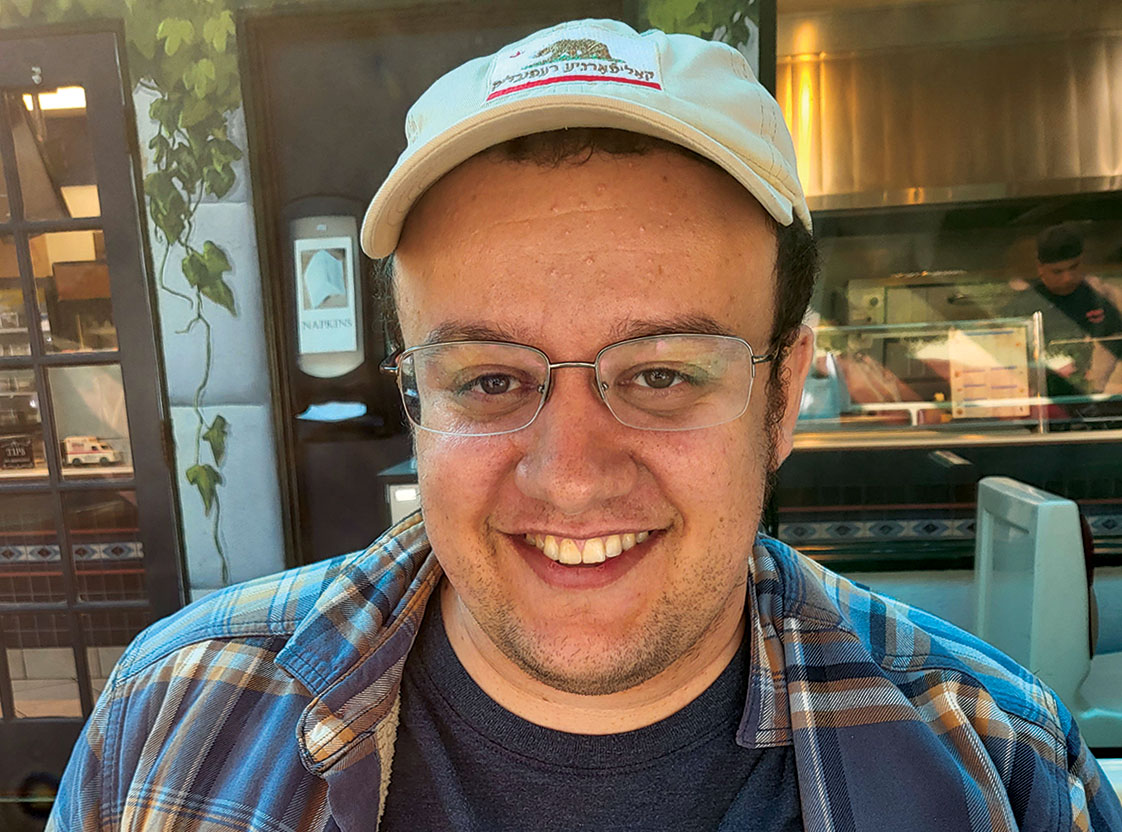


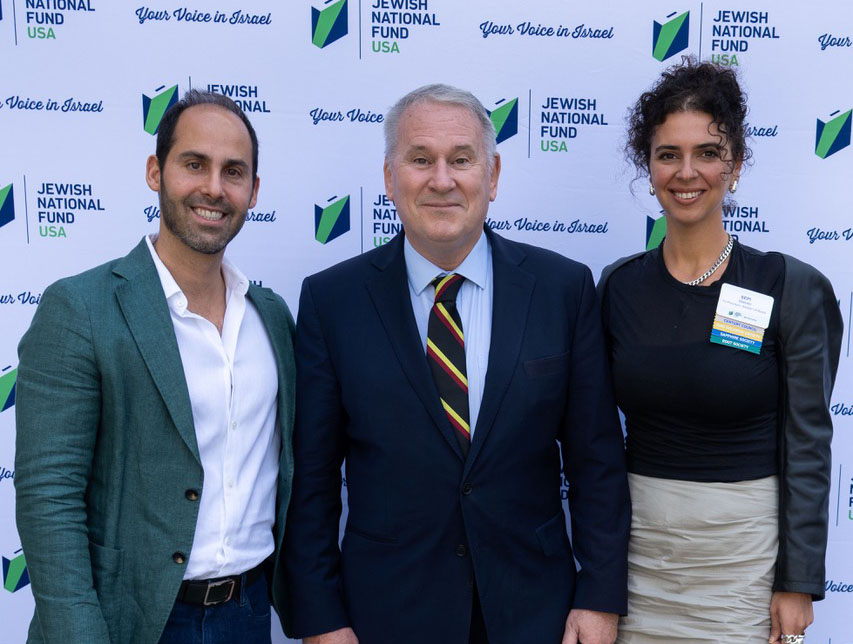
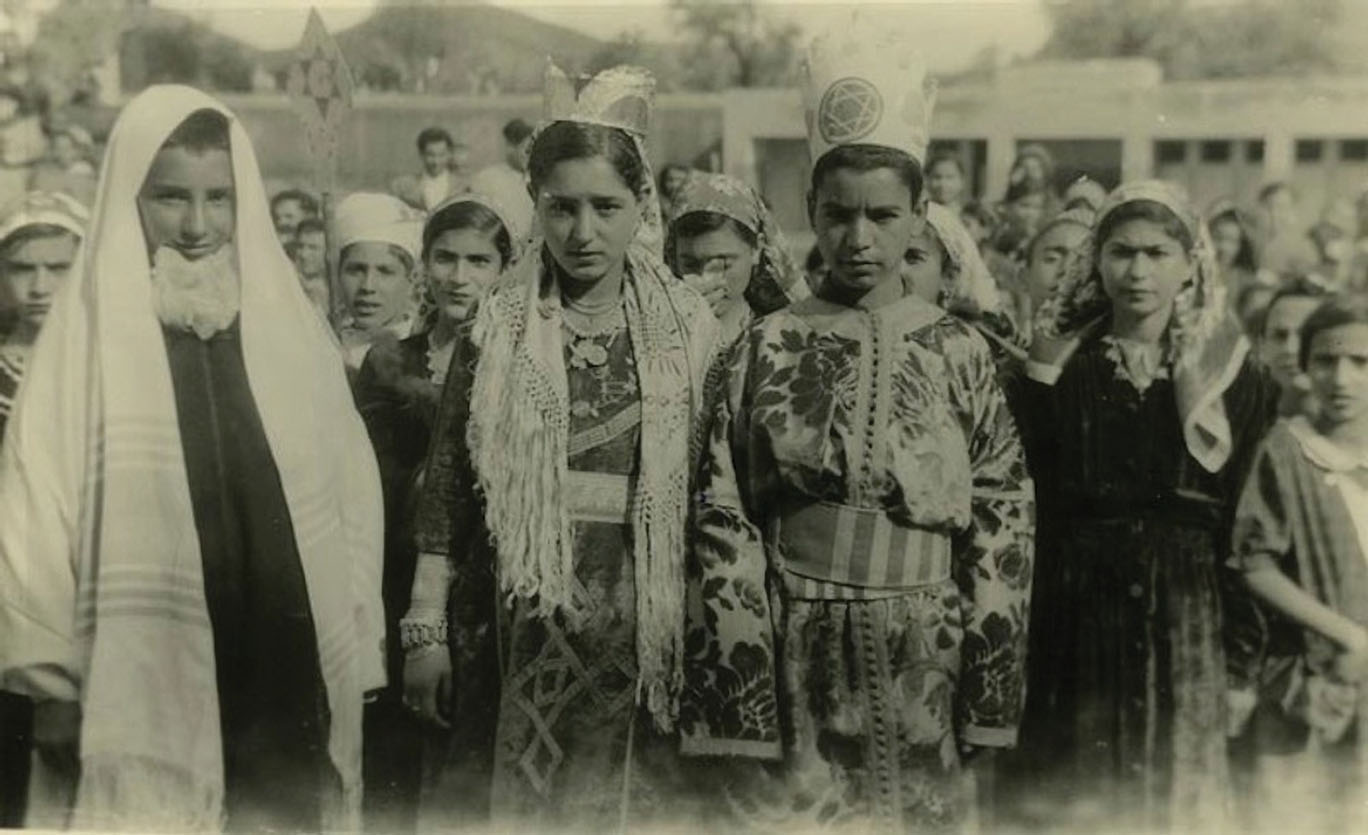



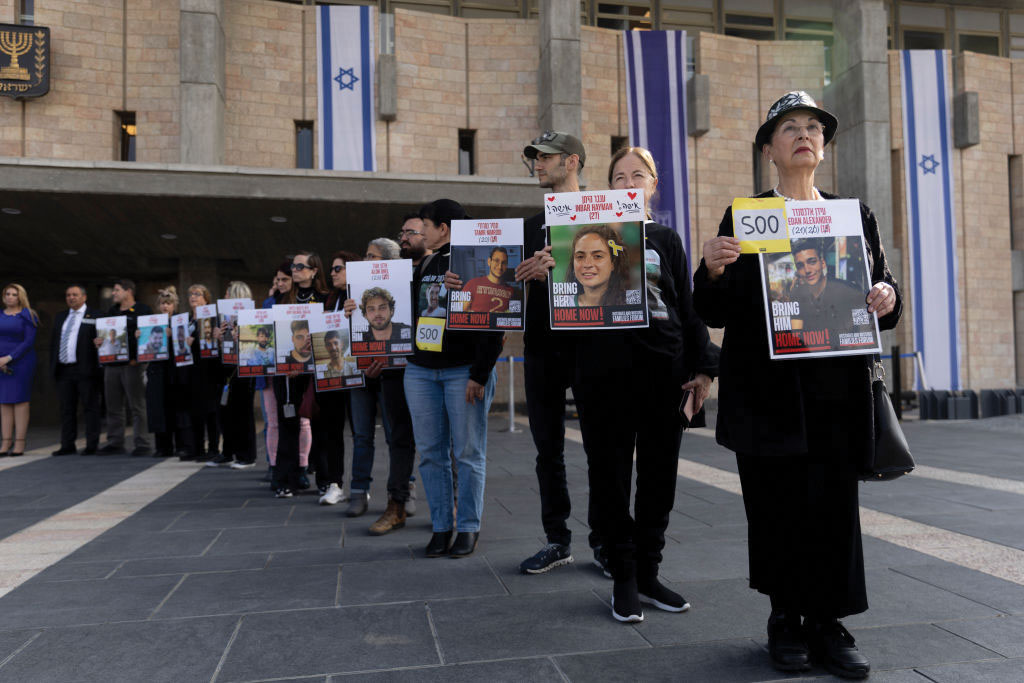






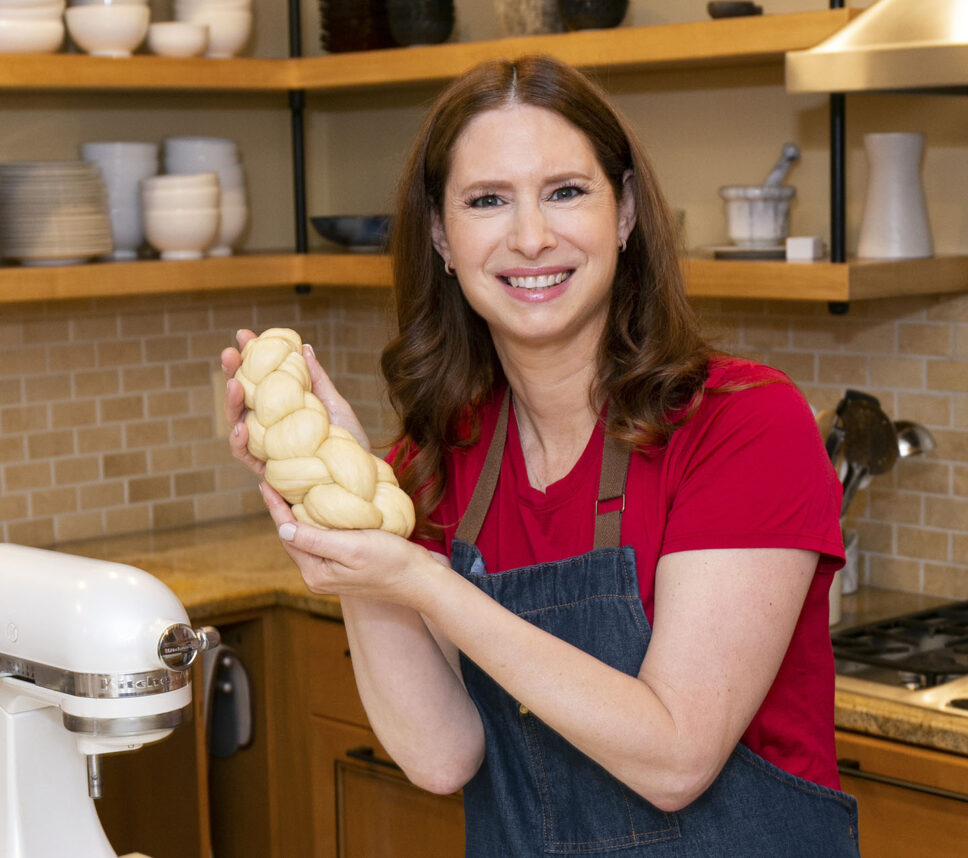

 More news and opinions than at a Shabbat dinner, right in your inbox.
More news and opinions than at a Shabbat dinner, right in your inbox.